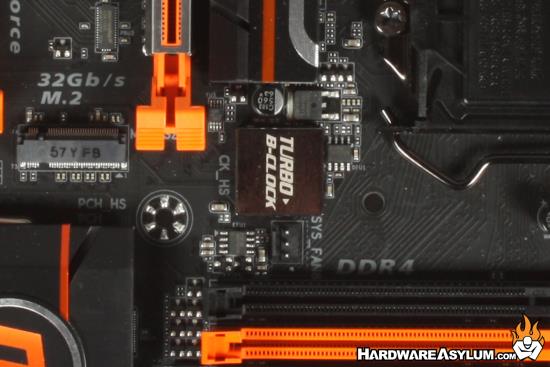ASRock brings overclocking back to non-overclockable Skylake chips
About a month ago Intel put its foot down and closed a loophole that allows motherboard vendors to overclock Non-K series CPUs. This type of overclocking used the BCLK (Base Clock setting) to increase processor speed independent of the CPU multiplier. This in turn raises all of the other clock settings including PCI Express, Memory and Memory Controller.
When pushed too far this can have adverse effects on connected hardware like corrupted SSD data, failed boots and lack of stability so its no wonder why Intel stepped in.
Well, it would seem Asrock is once again in the news claiming that their boards can once again overclock the non-overclockable CPUs by using an external clock generator that works independent of the CPU.

This article at PC World focuse mostly on ASrock hardware but many companies support this style of overclocking and even have the hardware on board. Gigabyte has a chip on their Z170 Skylake motherboards called "Turbo B-Clock which was added to not only allow BCLK overclocking but do so with micro adjustments below a single Mhz. (read: .5Mhz. .1Mhz etc..) While it is not expressly called out for Non-K processors there is nothing stopping you from using it.
EVGA also has an external clock generator but, isn't considered to be such a big deal.
The roots of this saga go back to late 2015, when enthusiasts discovered that you could overclock low-priced Skylake chips—a feature Intel had previously reserved for higher-priced processors. Several motherboard manufacturers soon jumped onboard to support the “feature” including ASRock, Biostar, and EVGA.
Everything was going swimmingly until early February, when Intel released an update to shut down the overclocking loophole. Intel’s move was understandable, as the company would rather drive overclockers to more capable chips. Overall, Intel advises against overclocking even on chips where it allows the capability, but that goes double for the cheaper processors, which don't officially support overclocking whatsoever.
The way I see it this, the ability to overclock Non-K CPUs, is an important step open the overclocking subculture to those who are curious about overclocking and likely cannot afford the "supported" hardware.
Related Web URL: http://www.pcworld.com/article/3041861/hardware/as...

